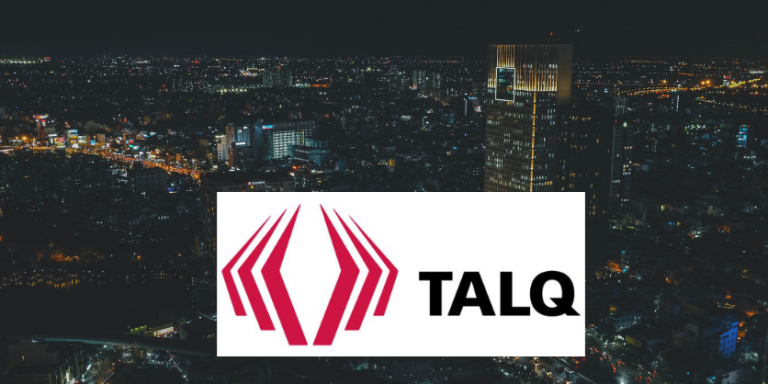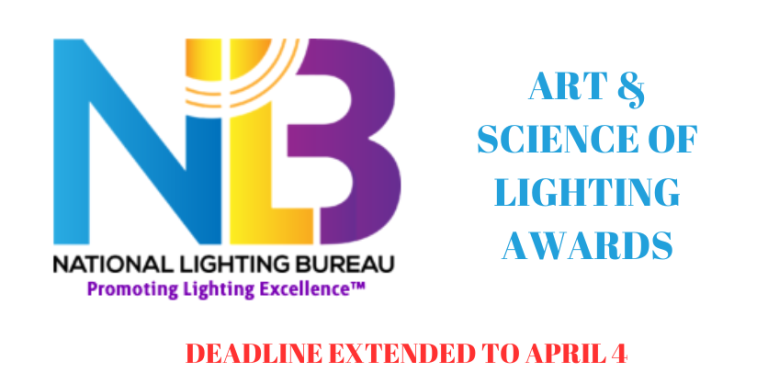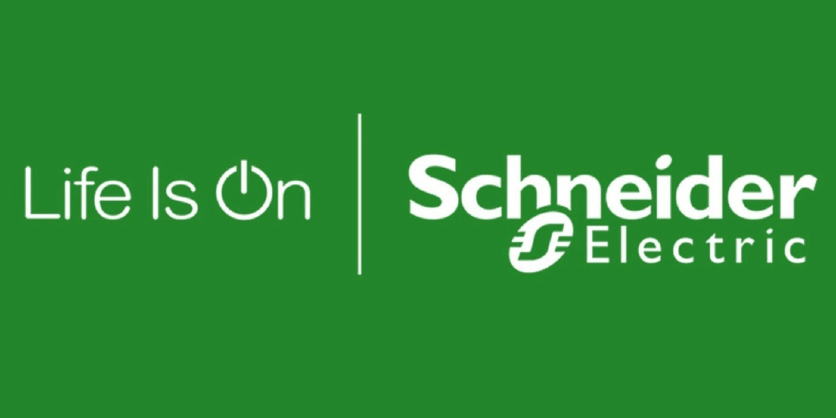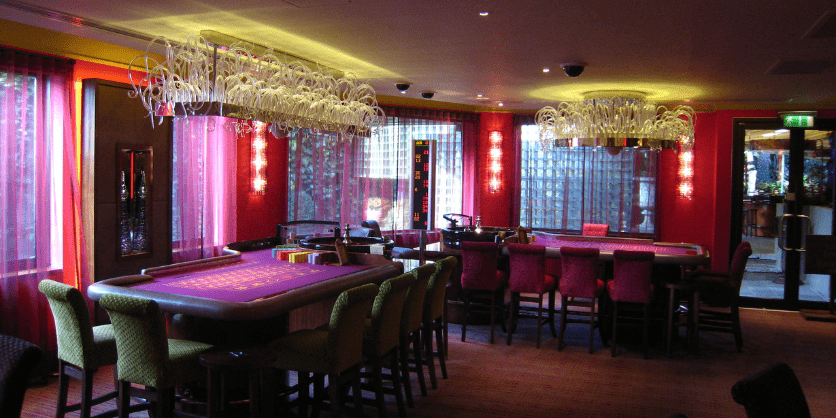The Photometry Institute 2024: Learn about the Latest Developments in Photometric Testing and Evaluation
June 13, 2024
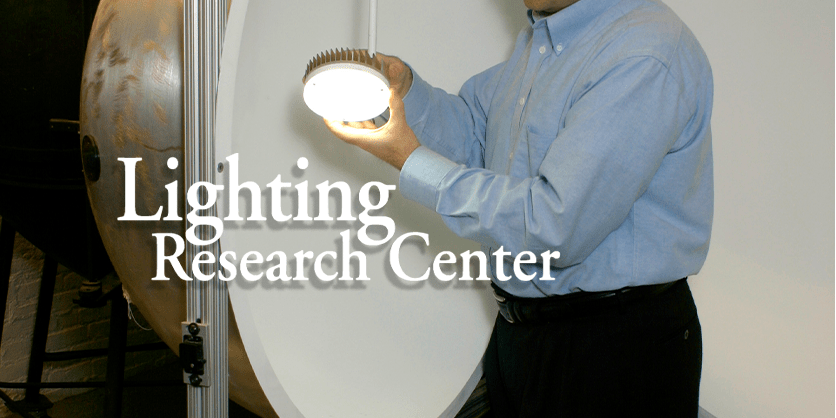
Learn about the latest developments in photometric testing and evaluation, including new testing requirements for solid-state light sources and systems.
August 12-14, 2024 | Lighting Research Center, Troy, NY
Who should attend?
- Engineers, technicians, and testing personnel from lighting and related companies interested in learning more about photometric, colorimetric, and related evaluation of lighting products and prototypes.
- Personnel from testing facilities who want to hone their skills and knowledge about testing requirements for solid-state as well as traditional light sources and lighting systems.
- Managers, engineers, product developers and designers from lighting and related companies interested in setting up photometric testing capabilities to benchmark and evaluate product prototypes in their own facilities.
- Anyone who wants to know more about the rapidly changing requirements for testing and evaluation of solid-state light sources and systems.
What will you learn?
People who attend the Photometry Institute will come away with the knowledge and skills needed to establish and conduct photometric testing and evaluation of a wide range of lighting products and systems.
At the conclusion of the seminar, participants will be able to:
- Understand photometric and colorimetric terms and concepts used in lighting measurement and product evaluation
- Understand industry standard test procedures and requirements included in programs such as ENERGY STAR®, Design Lights Consortium, and others
- Operate various types of equipment used in lighting measurement and photometric evaluation
- Apply standard photometric laboratory practices and protocols in their own facilities
- Understand requirements for testing and measurement of solid-state light sources and systems and be able to accurately evaluate the performance of solid-state lighting products
- Measure standard photometric quantities including illuminance, luminance, luminous flux, and luminous efficacy
- Measure and calculate various spectral and colorimetric quantities such as correlated color temperature and color rendering metrics
- Understand the equipment needed to create and/or assemble inexpensive photometric capabilities in their own facilities to make accurate measurements of the performance of pre-production prototypes
- Interpret and apply photometric data in the evaluation of product prototypes and models
How is the Institute structured?
The Photometry Institute is a three-day immersive course that includes lectures, equipment demonstrations, and laboratory exercises. The Photometry Institute runs from 8:30 AM to 5:00 PM each day and is held at the LRC’s facilities in Troy, New York.
Topics covered will include:
Continuing Education Credits Participants will earn 20 CEUs (continuing education units) for attending the Photometry Institute and will receive a continuing education certificate in photometry.
Registration
Registration for the three-day Photometry Institute is $1,200 per person. This includes all seminar materials, continental breakfast, and lunch each day. LRC Partners and Alliance members can register for the discounted price of $960. Residents of New York State can register for the discounted cost of $360. A 50% deposit is due at the time of registration, and the remainder will be charged on August 1, 2024.
About the Instructors
Instructors for The Photometry Institute are LRC faculty and staff, including:
N. Narendran, PhD — Dr. Narendran is a professor and director of research at the LRC. He is well known throughout the lighting industry for his pioneering research and educational activities in the field of solid-state lighting. Dr. Narendran leads a team of researchers and educators in the area of solid-state lighting at the LRC, and conducts research and educational programs to accelerate the development and market transformation of this promising technology.
Dr. Narendran teaches the Physics of Light course within the LRC’s graduate education program, which includes photometry and optics. In addition, he has developed and taught courses in optics, LEDs, and fiber optic lighting. Dr. Narendran has authored or co-authored more than 130 articles in archival journals and proceedings and holds more than 50 patents. He is a Fellow of the Illuminating Engineering Society of North America and the International Society for Optics and Photonics (SPIE).
Jean Paul Freyssinier, MS, LC — Professor Freyssinier is a senior research scientist and adjunct assistant professor at the LRC. His research includes solid-state lighting, LED performance, technology transfer, energy-efficient lighting design, photometry, the spectral effects of lighting, and education. Since 2000, he has been involved in lighting technology research, development, and evaluation at the LRC.
His previous experience includes working as principal of design at a full-service architectural lighting and automation design firm and as project manager at an energy management firm, both in Mexico. He has taught in the LRC’s graduate education program for the past 20 years and lectures frequently at conferences and seminars. He is the author of more than 35 scientific and technical articles related to energy efficiency, photometry, improved LED performance, and field applications, and co-author of six patents on LED remote phosphor technology.
Indika Perera, PhD — Dr. Perera is a research scientist working within the LRC’s Solid-State Lighting Program. He is a graduate of the LRC’s doctoral program with a degree in architectural sciences with a concentration in lighting. Dr. Perera’s expertise is in heat generation, transfer, and thermal management within LED lighting systems.
His studies led to the publication of a mathematical model for predicting the temperature distribution in an LED phosphor layer, providing insight that is difficult to observe in experimental studies. His publication was a top download from the SPIE Digital Library under the category of light sources and illumination. His research interests include thermal management, material characterization, thermal measurements of solid-state lighting applications, and additive manufacturing including 3D printing.
More information available here


